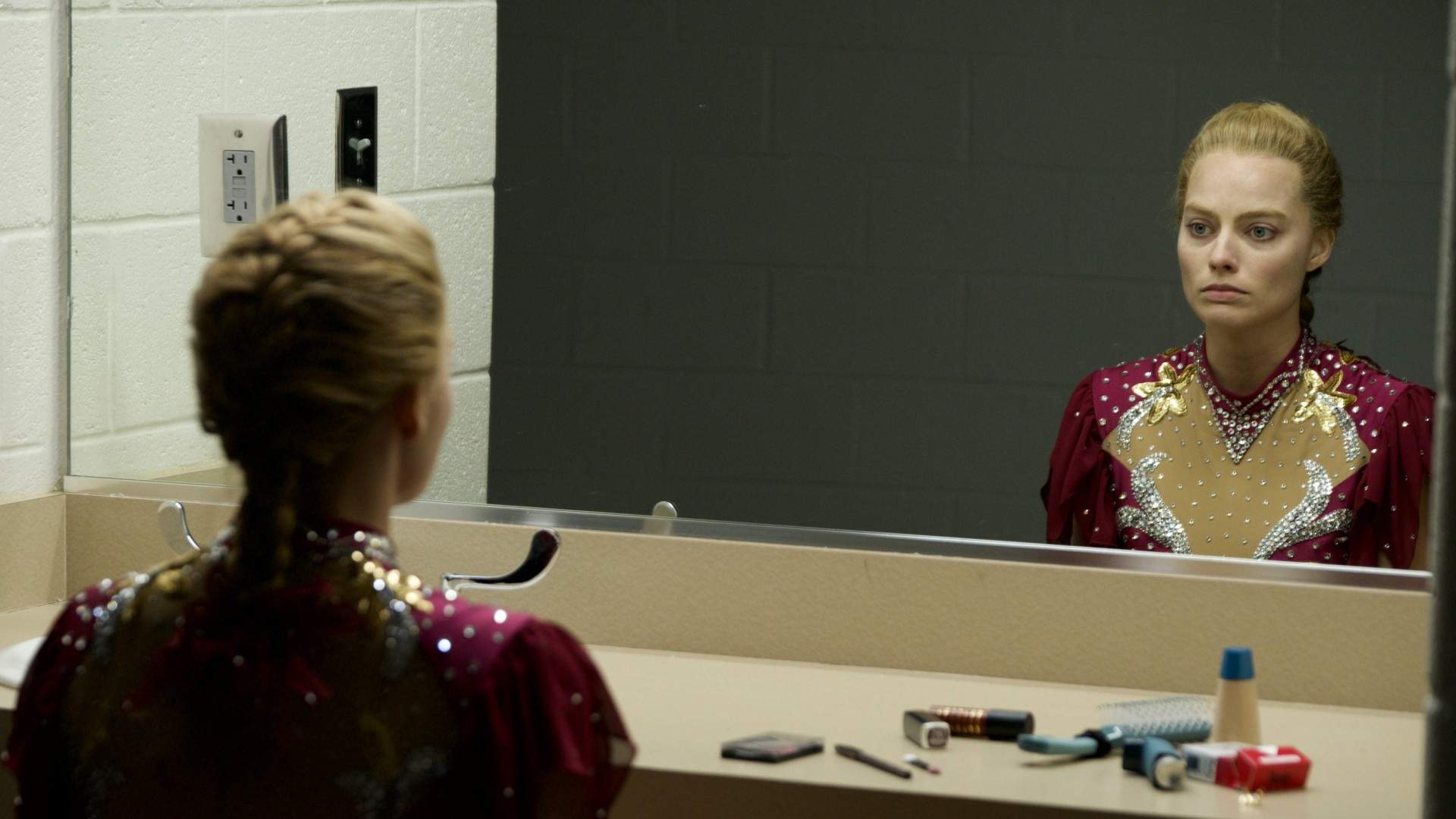I, Tonya
Margot Robbie is at the top of her game in this big screen adaptation of an infamous true story.
Overview
Chances are you already know something about Tonya Harding. Even if you don't know her name off the top of your head, you've probably heard it used as a punchline. Oh yeah, Tonya. She's that figure skater who took a police baton to her arch-rival's leg, right? That Tonya?
Well, yes. But also, not quite. The infamous incident that made headlines around the world almost 25 years ago has been the subject of more misinformation than whether or not you can actually swallow chewing gum. In I, Tonya, filmmaker Craig Gillespie does his best to unpack the myth while crafting a darkly humourous and ultimately tragic narrative about a brilliant skating career gone irreversibly awry.
Gillespie and screenwriter Steven Rogers want you to know for certain that Tonya Harding is not a joke. Nor is she a violent bludgeoner who schemed to take out her main competition, fellow skater Nancy Kerrigan. The way they tell it – albeit in a film they admit up front is based on "wildly contradictory interviews" – Harding was a troubled skater who perhaps surrounded herself with the wrong type of person, and ended up caught in something she couldn't stop; a fateful scenario which could have been avoided had she made different choices, but which has defined her public image ever since.
Margot Robbie offers up an incredible performance, playing Tonya right through from teenage years in all her redneck, tough girl, middle-fingers-up glory. The Australian learnt to skate specifically for the role, and the months she put in certainly paid off. Credit must also be given to stunt doubles Heidi Munger and Anna Malkova. Harding is one of the only female skaters to ever pull off the triple axel – and the editing, stunt work and special effects that go into recreating the notoriously difficult manoeuvre are likewise superb.
Also clever is the format of the film itself: we are introduced to Tonya and her ex-husband Jeff Gillooly (Sebastian Stan) via documentary-style talking heads. It's years after the fact, and both parties tell a very different story of what happened and who was responsible (Jeff and his friend Shawn Eckhardt were ultimately accused of colluding to hire an assailant to attack Kerrigan; both men served time in prison). We then jump back to the 1970s as a three-year-old Harding is put into skating lessons by her abusive mother LaVona Golden (Allison Janney), and watch as she quickly makes a name for herself on the ice.
It isn't long before Harding is a teenager and competing at a national level. But while her technical ability is close to flawless, her image soon proves to be a problem. Not ladylike or sweet enough for the world of skating, she constantly runs up against judges who she sees as not marking her how she deserves. Spectacular choreography sees Harding's routines recreated down to the very last detail. Just as spot on is the film's casting, with Allison Janney particularly brilliant as Golden – complete with fur coat, perpetual cigarette and a bird perched on her shoulder.
Where the film stumbles is in its tonally inconsistent depiction of the physical abuse allegedly inflicted on Harding, first by her mother and later by her husband. In a number of stomach-churning scenes, we watch as she is slapped, punched, thrown against a wall and has her head smashed into a mirror. At one point Harding breaks the fourth wall, addressing the abuse as it is happening to her – she thought it was normal, she says rather glibly. But that's all that is said, and there needed to be more. Gillespie and Rogers simply don't give the brutality the time or the serious treatment it deserves, pushing past the shocking violence in order to keep the plot moving forward. In doing so, they fail to explore the way Harding was made to feel everything was her fault – by her mother, by her husband and ultimately by the entire country.
I, Tonya seems intent on reversing the popular consensus around its title character. The real Harding appeared at premieres of the film in the US, standing alongside Margot Robbie on the red carpet. But while she might finally have gotten the chance to prove she's not just the butt of a joke, you can't help but feel that the filmmakers – intentionally or not – treat her abuse as exactly that.





